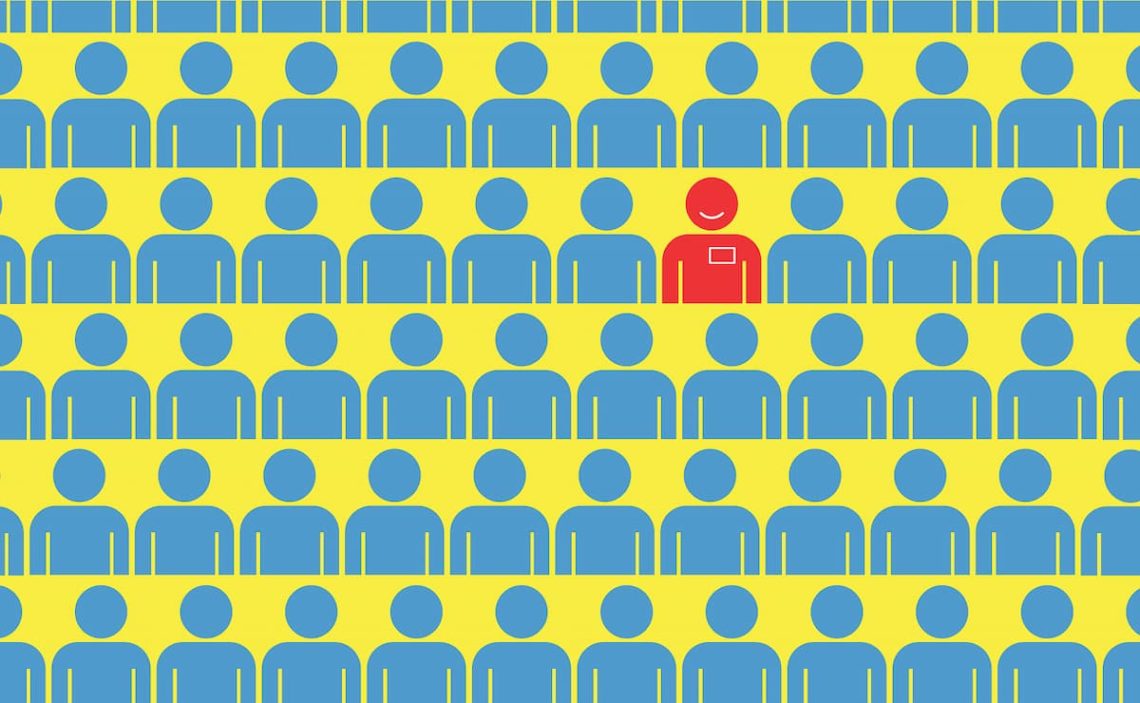Building a successful career is not a quick and easy path. Professional development is one of the main keys to achieving that objective. However, it is essential to be clear about your goals and how to focus that professional development.
There is a widespread misconception, especially in the early years of employment, that academic training and basic experience are enough to build a good professional future.
Although both issues are important, a person who remains stuck and is not able to evolve through time will find it very difficult to overcome challenges and achieve career objectives.
Why you should have professional development goals?
Professional development is not just about the improvement of skills or refresher courses.
The objectives are part of a route that must be planned over the long term. The aim is to achieve professional success: taking into account that not everyone has the same professional development.
Therefore, having targets is the first thing to consider when it comes to your future career development.
First of all, determine what you are looking for:
– Earn more money
– Increase your professional knowledge
– Improve your skills and training
– Change careers to develop professionally
All of these, and many more, are basic objectives, which should be the starting point on which to progress in the right way. But how can we achieve them?
Keys to setting objectives for your professional development
Several keys will help you find and follow your objectives.
– Be clear: there is no point in having vague targets. If you already know that you want to earn more money, now is the time to determine how you are going to do it. Non-specific goals are very difficult to set or meet.
– Quantify: Any kind of progress in all areas of life should be measurable. This means that, in order to achieve a final target, you should have partial goals and objectives throughout your career. Gradual progress is the best way to do this.
– Be realistic: it is very disappointing to set impossible goals. When it comes to work, be realistic and stick to your possibilities. This does not mean that you cannot include room for improvement but that you always base yourself on reality and keep your feet on the ground.
– That is useful: we can point to a job change as a professional development goal. But if this change does not make a significant difference, it cannot be considered development. Differences do not have to be in salary, they can also be in quality of life, and so on.
– With real-time limits: it is not a good idea to leave open deadlines for meeting objectives. If you are making progress on partial objectives, it is good for them to have concrete deadlines.
All of the above are matters of common sense . However, when we are immersed in the vortex of a professional career, sometimes we forget things as basic as these. Remember that good professional development needs clear, achievable goals and realistic deadlines.


